Prejudice and hostility as the official vocabulary of the nation
With President Trump and other high-ranking officials of his administration, prejudice and hostility against some nations and members of specific ethnic groups have become a predictable and integral part of official White House discourse. This attitude reflects what has come to be known as America First, a term that refers to a foreign and internal policy that emphasizes U.S. nationalism and unilateralism.
America First is the unsubstantiated belief (to borrow from G. W. Sumner’s classic definition of ethnocentrism) that this country is “the center of everything.” All other nations or groups of color “must be scaled and rated” in reference to the self-inflicted delusions that the President and others have about themselves and the world. This ideological and political stance has taken the United States to levels of international isolation seldom experienced in previous administrations.
Neither history, nor ethnicity, nor language
For obvious reasons—the specific modes that constitute the economy and the social relations among ethnic groups within this nation—and contrary to most national states around the world, the U.S. has never been able to assert the idea of a national identity among its people through a sense of shared history, ethnicity or language. Dispossessed of these constitutive elements, what is left is the cynical claim that the American variation of democracy is what amalgamates America’s identity, and at the same time places the U.S. above all other nations.
This idea has proven to be a key element in manufacturing national consent. It has provoked the unconscious assent of many generations of Americans eager to forget or circumvent the fact that our democracy rests on the institution of slavery, the ethnic genocide of indigenous people, aggressive military interventions and economic expansionism around the planet in order to fulfill the needs of America’s expanding capitalism. It has produced a society with the highest levels of human incarceration and income and social inequality as compared with other industrialized nations. To this, we must add the existence of blatant discriminatory voting barriers against people of color; and the imposition of a surveillance state on its citizens. An objective evaluation of American democracy is impossible if we continue to minimize the significance of these realities.
If you poison us, do we not die?
The advent of the Trump administration along with the Republican Party apparatus has fueled and provided political framing for emergent forms of American nationalism. These are imbued with racism and white hegemonism as political and ideological residuals of the deceptive model of democracy established in 1776. The latest white supremacist attacks in various American cities targeting Latinos and Muslims, black Americans, LGBTQ people, Jewish people, and other people of color reflect this persistent white nationalist ideology.
But this type of “white gang nationalism,” abhorrent as it is, is not by any means the most dangerous or the most threatening. Trump and the Republican Party are currently responsible for accelerating the destruction of the conditions that make possible the continuation of human life on the planet. The two main factors menacing survival on the planet are (a) the possibilities of nuclear war and (b) human-induced climatic alterations of the Earth system. Most of the nations in the world seem to recognize the seriousness of these two scenarios, and most nations, particularly regarding climate change, appear willing to do something about it ( i.e., the Global Climate Strike in over 132 countries and the UN summit on climate change), but the U.S. is not.
The logic of destruction
The most powerful and wealthy nation in the world consciously uses its power to exacerbate the conditions that have placed humanity in the current survival dilemma. Nuclear risks have escalated as a consequence of U.S. withdrawal from the 1987 INF Treaty. This required superpowers to renounce forever all nuclear, conventional and cruise missiles with ranges of 500 to 5,500 kilometers. At the same time, Trump increased the budget of the National Nuclear Administration by 8.3 %, aiming to complete production of new low-yield nuclear missiles. By so doing, Trump has effectively reinstated “the great power rivalry” of the cold-war.
In the case of climate change, this administration operates with the cocky confidence of those who have given up science in order to increase the profits of the fossil fuel industry in the U.S. and overseas. The two most dangerous measures against the environment are American withdrawal from the Paris Accord, and the aggressive campaign of environmental deregulation. According to the Guardian, deregulations forced upon EPA has meant the “elimination of the rules that combat climate change, water pollution and vehicle emissions,” along with the elimination of 25% of its employees and 56 programs “including pesticide safety, lead toxicity and environmental justice.”
If we add the fact that the US is the second largest polluter country on Earth (15%), we can affirm that no other country contributes so much to endangering the planet and the human species. In this context, there really is no such thing as “the rest of the world” because as a planet and as a species, we all share the precarious circumstances of survival.
Upcoming themes
November-December: Winners & Losers. We live in a society built on competition—in economic life, sports, online, social settings; everywhere. The contestant who ran the race in 4.10 seconds is celebrated and the one who crossed the finish line at 4.12 seconds is forgotten. What kind of culture does this create? Plus — it’s election month. Send us your stories. Deadline for submissions Oct 20.
January 2020: What keeps us safe. Deadline December 15
February 2020: Our lived values. Deadline January 19
Correction:
We neglected to identify Nancy Thorne-Chambers as the sculptor of the “pig listening” statue on page 2 of the August WIP.
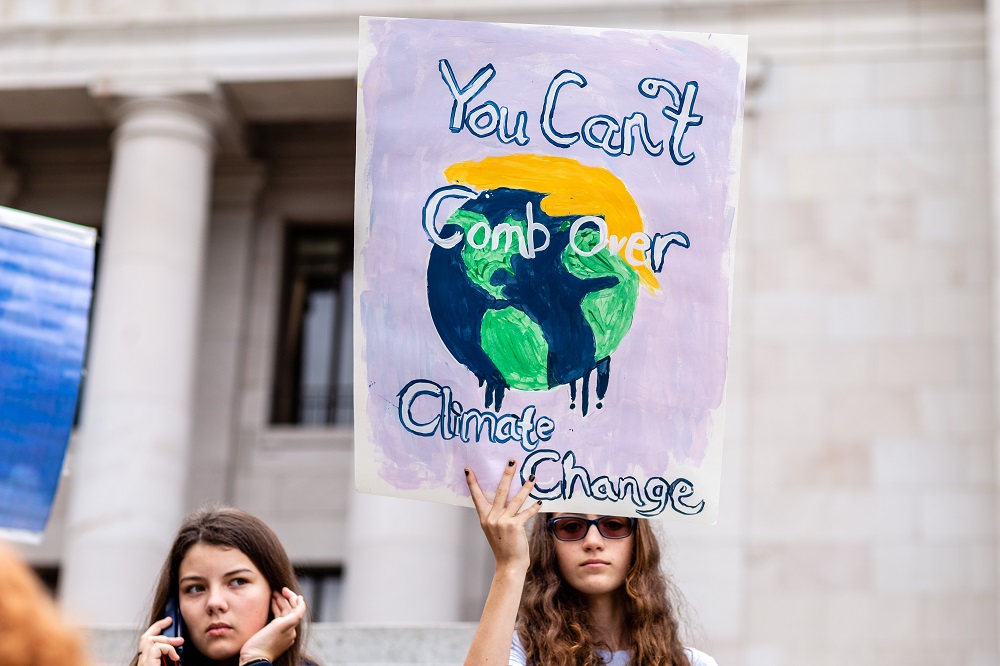
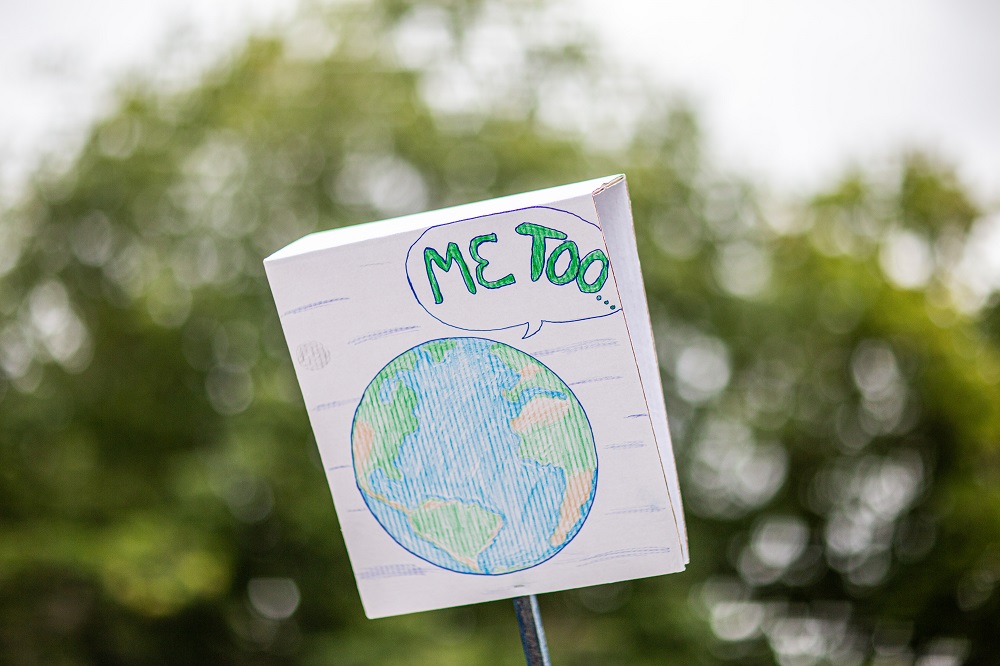
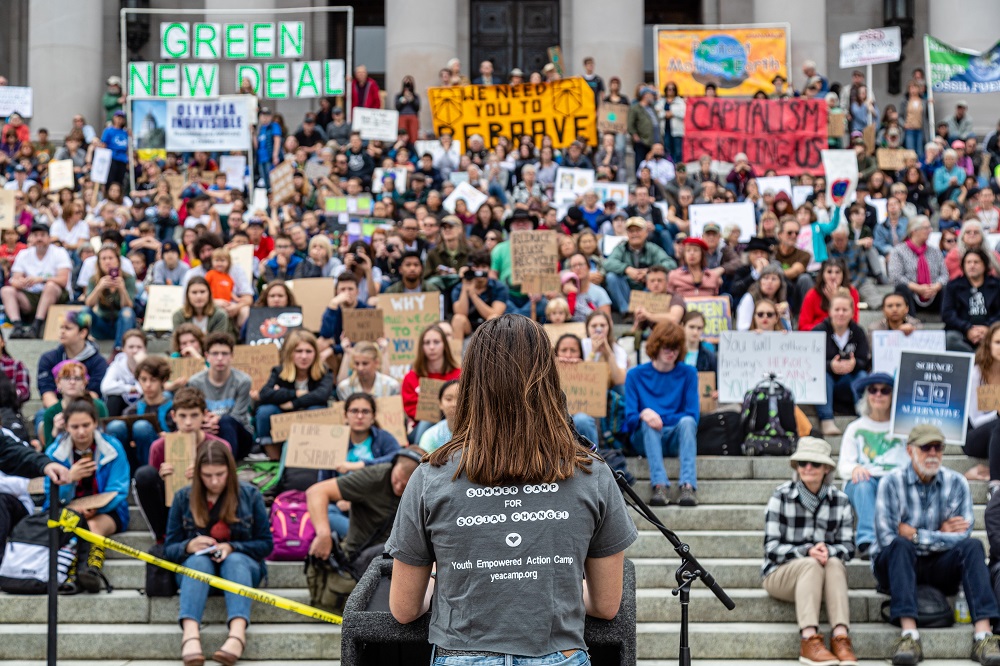
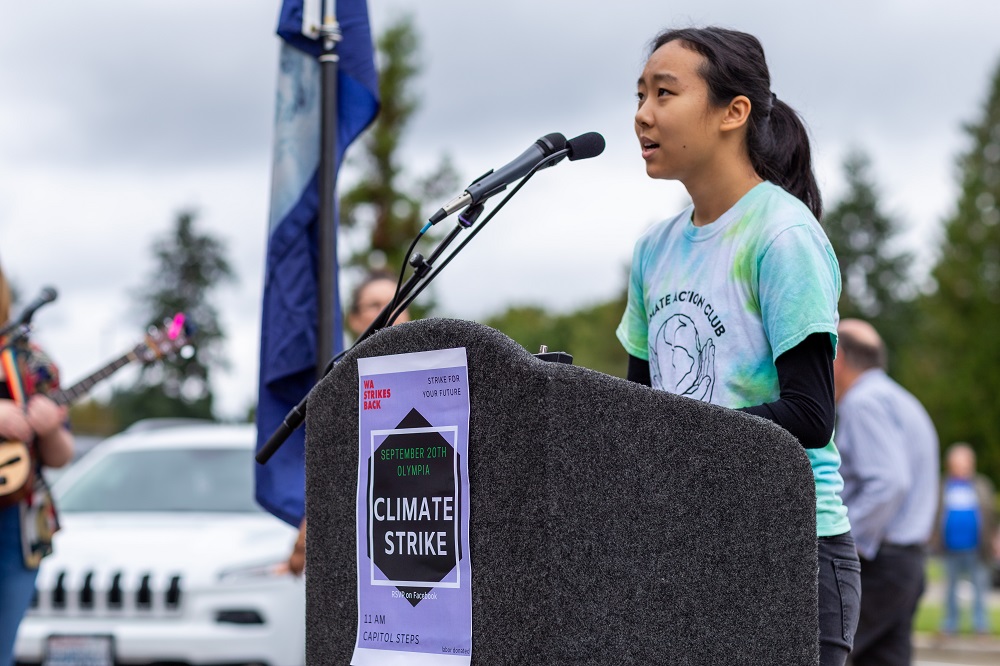
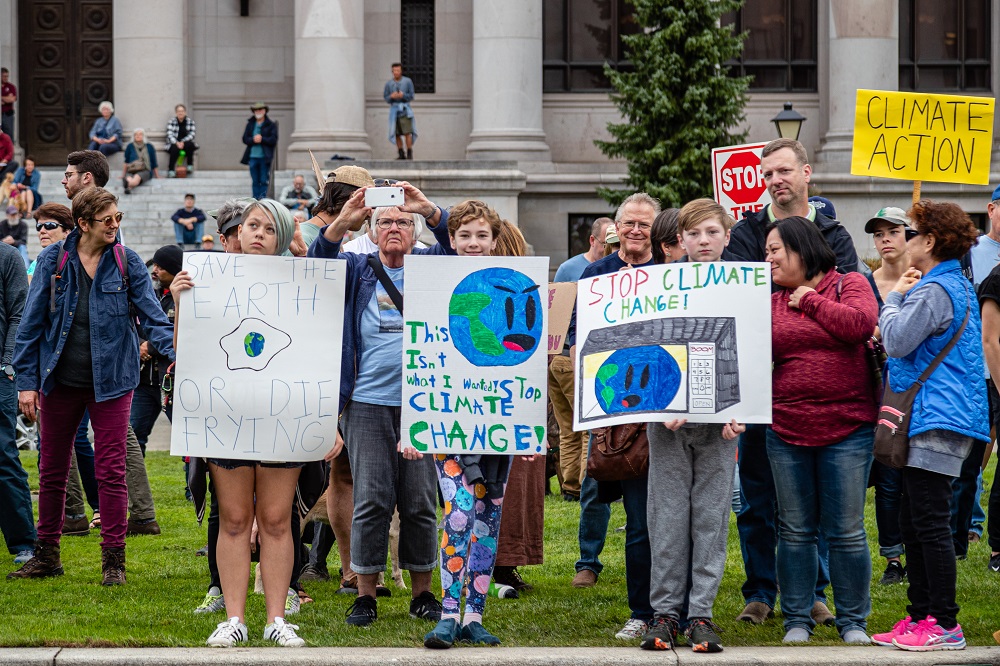
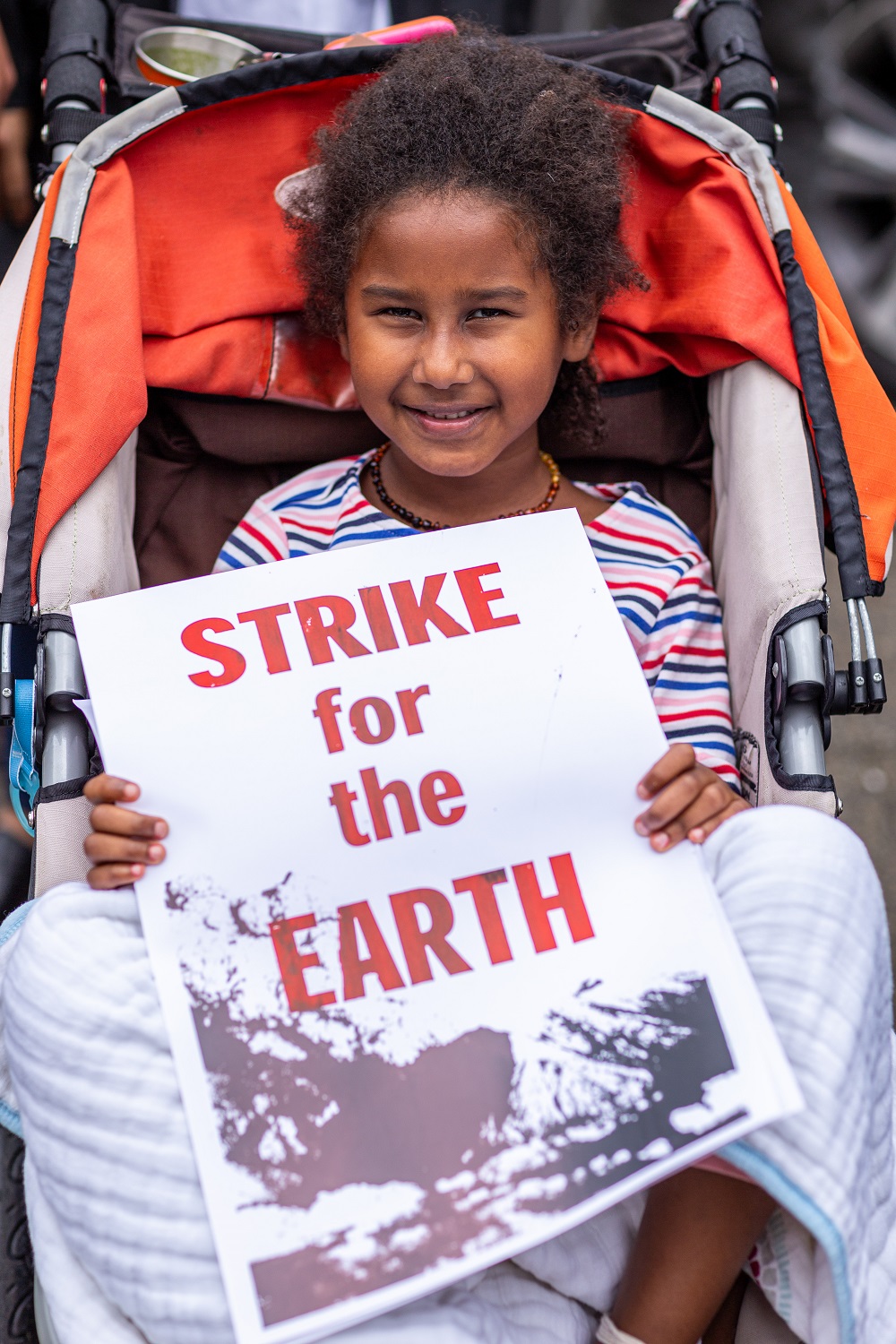

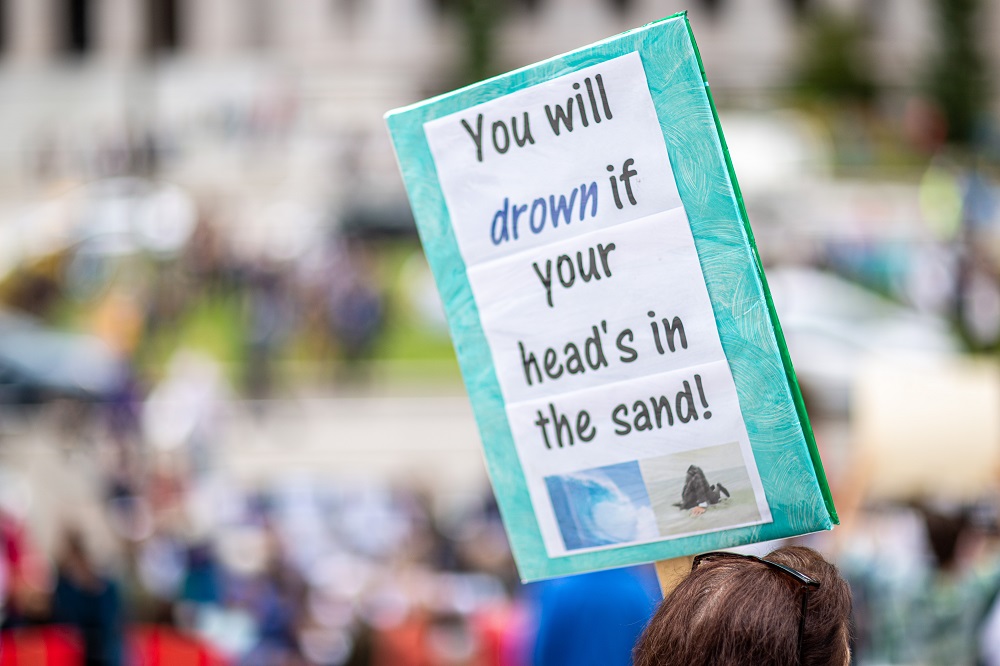

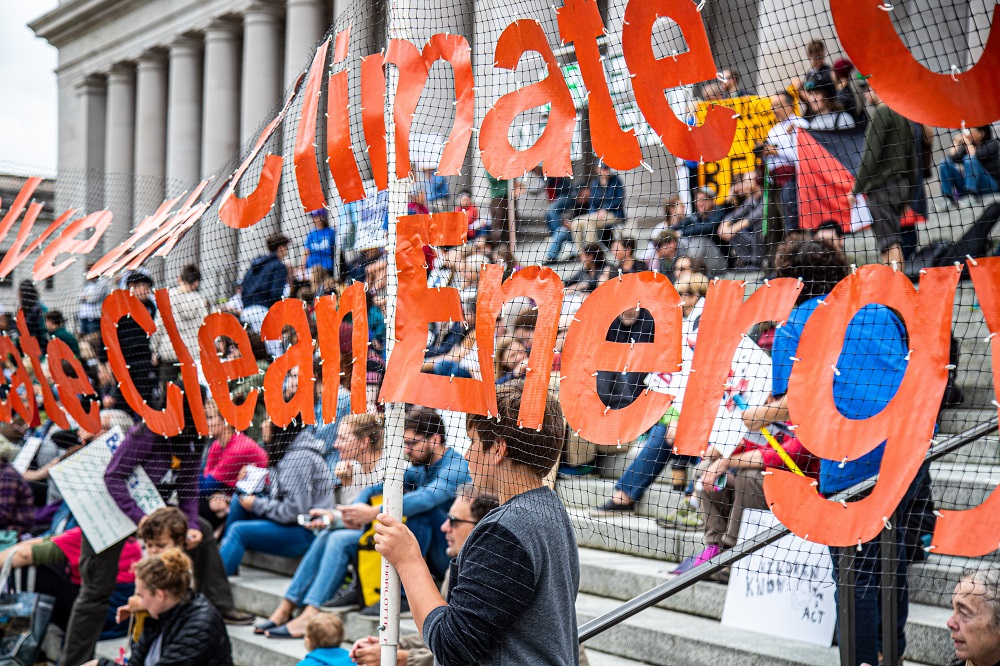

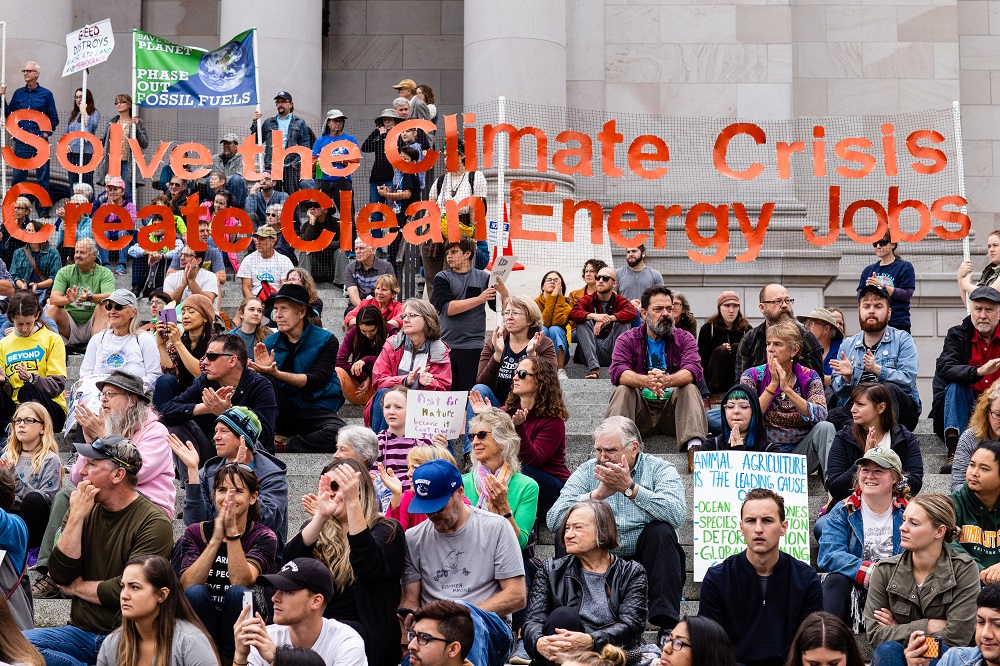
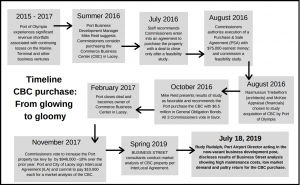
Be First to Comment